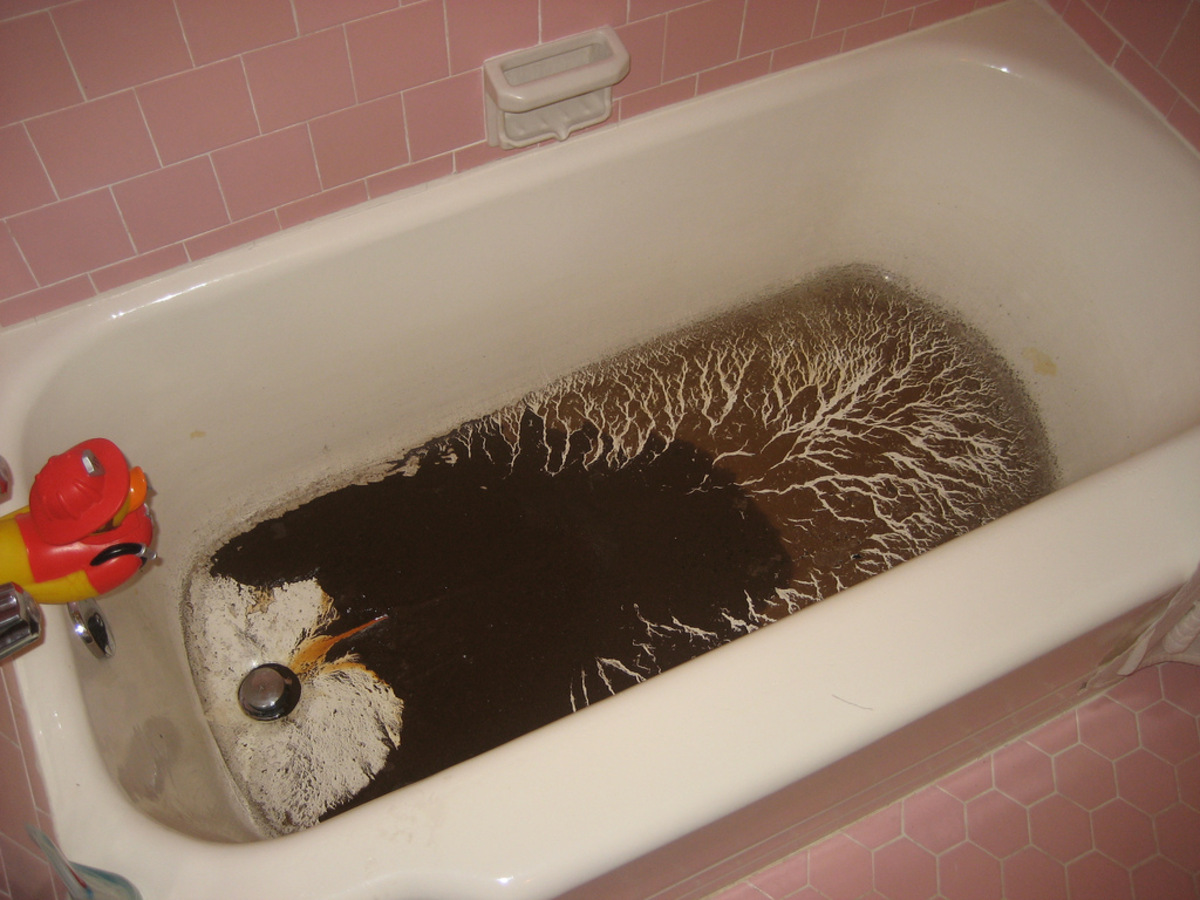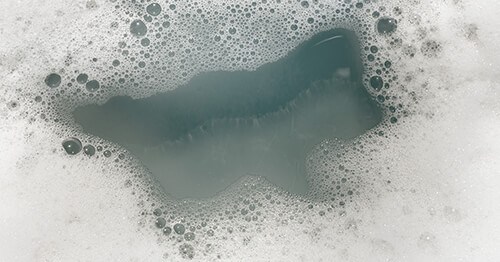In this article further down you'll find a bunch of dependable points relating to What To Do If Sewage Starts Backing Up Into the Shower.

Sewage back-up in the bathtub can be a stressful and unhygienic problem for any kind of homeowner. Not only is it troublesome, yet it also postures serious health dangers and indicates underlying issues with the plumbing system. Comprehending why sewage is showing up with the tub is critical for taking ideal action to resolve the problem successfully.
Intro to the Concern
Recognizing the Trouble
When sewage draws back up right into the bath tub, it's a clear indicator of a problem with the water drainage system. The wastewater that must be moving far from your home is instead discovering its way back into your living space, which can cause substantial damages and health hazards.
Potential Reasons
Numerous elements can contribute to sewer back-up in the bath tub. From obstructions in the sewage system line to issues with the plumbing facilities, recognizing the root cause is essential for finding a solution.
Common Factors for Sewage Backup
Clogs in the Sewer Line
Among one of the most typical root causes of sewage back-up is a blockage in the sewer line. This can take place due to the accumulation of particles, grease, or international objects in the pipes, protecting against proper flow and creating sewer to support into your bathtub.
Tree Origin Breach
Tree roots looking for dampness and nutrients can infiltrate drain lines through small cracks or joints. In time, these roots can expand and increase, causing substantial damage to the pipes and leading to sewage backup concerns.
Aging Facilities
Older homes may have dated plumbing systems that are more susceptible to deterioration, fractures, and wear and tear. As pipelines age, they come to be more prone to leaks and obstructions, enhancing the likelihood of sewer back-up incidents.
Heavy Rainfall or Flooding
Throughout durations of heavy rainfall or flooding, the sewer system might come to be overwhelmed with excess water, creating back-ups and overflows. This can lead to sewer backing up right into bath tubs and various other fixtures inside the home.
Health Dangers Related To Sewer Back-up
Contamination of Water
Sewage back-up can contaminate the water supply in your house, posing a major wellness threat to you and your family members. Exposure to polluted water can cause gastrointestinal concerns, skin infections, and other health problems.
Spread of Illness
Sewer has unsafe microorganisms, viruses, and parasites that can trigger a series of illness, consisting of hepatitis, cholera, and gastroenteritis. Entering contact with sewer or contaminated surface areas places you in danger of infection.
Mold Growth
Wetness from sewer back-up can create perfect conditions for mold growth in your home. Mold and mildew spores can exacerbate respiratory problems and trigger allergies in delicate individuals, making timely cleanup essential.
Signs of Sewer Backup
Foul Odors
Undesirable odors originating from drains pipes or fixtures, specifically in the bathroom, may show sewage back-up issues. These odors are typically solid and consistent, indicating a trouble that requires immediate interest.
Slow Draining Fixtures
Tubs, sinks, and commodes that drain gradually or not in any way could be experiencing sewer back-up. If several fixtures are impacted simultaneously, it's most likely that the issue originates from a typical point, such as the primary sewer line.
Gurgling Noises
Unusual gurgling or bubbling noises coming from drains when water is running elsewhere in your house are indicative of air trapped in the plumbing system. This air accumulation can arise from sewage back-up and ought to be explored immediately.
Immediate Actions to Take
Turning Off Water Supply
In case of sewer backup, it's important to turn off the water to stop more contamination and damages. Find the main water shutoff valve in your house and closed it off until the issue can be fixed.
Calling a Specialist Plumber
Managing sewage backup is not a do it yourself work. Get in touch with a qualified plumber with experience in dealing with sewage-related problems to evaluate the situation and carry out required repair services or cleanups.
Avoiding Contact with Contaminated Water
Up until the sewer back-up is settled, stay clear of contact with infected water to prevent the spread of germs and microorganisms. Use safety gear if you need to be in the damaged location and clean your hands thoroughly afterward.
Preventive Measures
Normal Upkeep of Sewage System Lines
Schedule routine assessments and maintenance of your sewage system lines to recognize and address prospective concerns prior to they escalate right into major troubles. This can include cleaning out debris, inspecting for tree root invasion, and repairing any type of damaged pipelines.
Mounting Bayou Shutoffs
Think about installing backwater shutoffs in your plumbing system to stop sewer from receding right into your home throughout durations of heavy rainfall or flooding. These valves automatically close when water draws back up, securing your home from contamination.
Appropriate Disposal of House Waste
Avoid purging anything other than bathroom tissue and human waste down the toilet to avoid blockages and clogs in the sewer line. Dispose of grease, oil, and various other home chemicals properly to decrease the threat of plumbing issues.
Cleaning Up After Sewer Back-up
Sanitation Procedures
Extensively sanitize and disinfect influenced areas after sewage back-up to eliminate dangerous bacteria and prevent mold growth. Use proper cleansing items and safety gear to guarantee secure and reliable clean-up.
Remediation of Influenced Areas
Fix any type of damages to flooring, wall surfaces, or fixtures brought on by sewage back-up. Depending on the degree of the damages, you may require to replace carpets, drywall, or other products to restore your home to its pre-loss condition.
Why Is Water Backing Up in My Bathtub When I Flush My Toilet?
What to do about a sewer line clog
First, don’t bother with plunging. No amount of plunging will dislodge the clog in a sewer line. The clog is too far away. Plungers are for clogs in the toilet itself, not the sewer line. Plus, the most likely causes of a sewer clog are:
Tree roots Flushed toys or feminine products Grease buildup Those items don’t move easily. And in the case of tree roots, the roots need to be cut out of the pipe and the pipe will need to be repaired.
You’ll need a closet auger. A closet auger is a type of plumber’s snake with a protective cover to keep from scratching the delicate porcelain toilet. If the clog is further down, you may need to remove the toilet or use one of your cleanouts to get to the clog.
We also recommend doing a video inspection of the drain to ensure that the cause of the clog has been completely removed. Otherwise, you could have the same problem again in a few days or weeks.
https://mspplumbingheatingair.com/blog/why-is-water-backing-up-in-my-bathtub-when-i-flush-my-toilet

I ran across that blog posting about What To Do If Sewage Starts Backing Up Into the Shower while doing a search on the internet. Enjoyed our review? Please share it. Let someone else check it out. Thank you for going through it.
Call Today